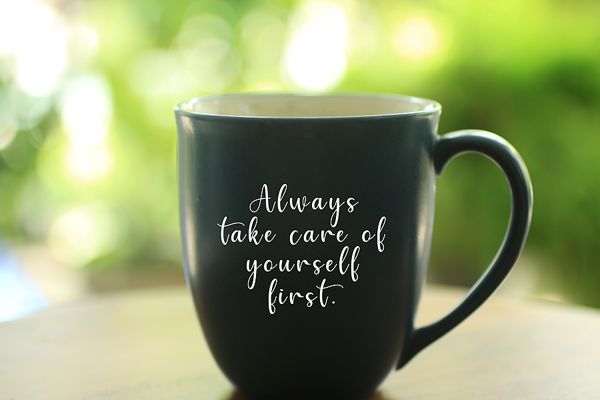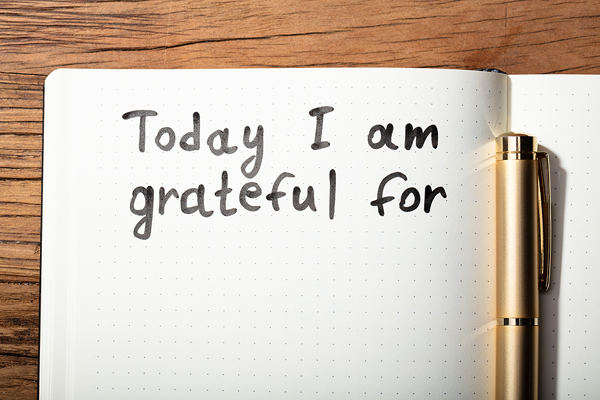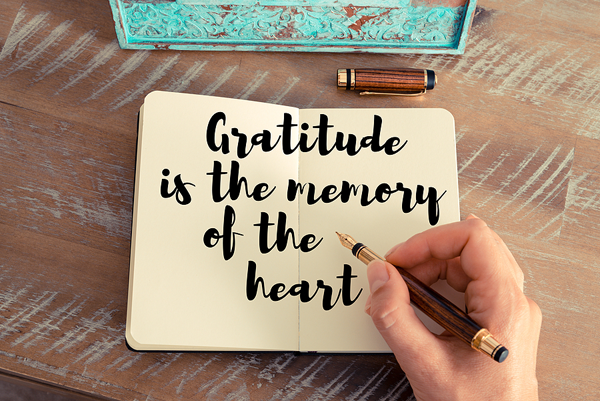It’s been a tough year. We can all agree on that. So, it’s probably time to look at what we can do to turn things around. We can’t control the world around us, pandemics, weather, or most economic conditions, but we do have some control over our perspective on our world and our lives. Gratitude is just such a control mechanism.
Gratitude is a powerful gift we can give to ourselves (and our staff and our children). Yes, it is not easy, at least initially, to rewire our brains for gratitude. It is complex. According to neuroscientist Rick Hanson, our minds are Velcro for negative information but Teflon for positive. We have to make a concerted effort to wire our brains to default to gratitude. But like other brain training efforts, it takes practice and mental discipline.
According to the National Association of School Psychologists (NASP), people who experience gratitude have more positive emotions, such as happiness, love, and joy, and fewer negative emotions, such as bitterness, envy, and resentment. Their relationships are improved. They have better physical health than people who don’t take the time to notice and appreciate the good things that are in their lives.
One study shows that practicing appreciation adds 6.9 years to your life (That even beats the benefits from exercise!). When you focus on gratitude, it will shift the focus away from what you might feel is missing and onto what is already present—to notice what is right instead of what is wrong. Gratitude, proven scientifically, is as powerful as antidepressants and therapy and can even give you more energy.
Periodically, we should pause to take a look at the things and people in our life we feel grateful for. And since there’s no time like the present, now is an excellent time to incorporate some intentional gratitude within our personal and professional life. So, let’s get to it!

First, start with yourself!
1) For two weeks, look at the gifts you already have, not just the intangible ones like good health or love or your family or career, but the material ones—look closely at your cozy home, feel the comfort of your favorite T-shirt, or recollect the joy in that treasured dog-eared book you’ve read so many times. Give mental thanks for the objects in your life that bring you joy. Notice how it negates your desire to buy more ‘things’ you think you need. Or as Lao Tzu said, “He who knows enough is enough will always have enough.”
2) Make recognizing your personal gratitude a habit. One way to do this is to simply list 10 things every day that you are grateful for. For example, it might look like: “my family is healthy; I have a job; the meeting today went very well; I ate homemade pie last night; my car runs….” Don’t believe it will make your day go better? Try doing the reverse for one day—list 10 things that went wrong and decide which day you felt more alive, more enthused to face the day?

3) Focus on what’s right. We are trained to mark the wrong answers, not the right ones. We study our mistakes to prevent them from happening again. But what if we marked the right answers? What if we spent our energy in relationships noticing the other person’s talents and strengths? What if we spent an equal amount of time looking at what is working and doing more of that?
4) When difficult things happen to you, ask yourself: “If something were right about this, what would it be?” You’re looking for those hidden blessings in your challenges and how they are helping you grow.
5) Start and keep a gratitude journal (2x weekly is actually better than every day). The stats for people who do are impressive: 25% happier, sleep one-half hour more per evening, exercise 33% more per week, lower high blood pressure by 10%, better at coping with stress, and enjoy increased feelings of energy, alertness, enthusiasm, and vigor.

Now, share with others!
6) Avoiding regret, as in the kind that makes us grieve over what we wish we would have done or said, is possible. It means simply expressing our appreciation now, while we can. Have you ever wished you would have told someone how much you appreciated them but now it is too late? Don’t wait. Make a commitment to communicate your appreciation to those around you—as often as possible. This is a valuable component of establishing outstanding school customer service and internal support.
7) Teach gratitude to your children. Simply teaching them to say thank you isn’t teaching gratitude (although, I certainly encourage you to teach politeness as well). One idea is to create a bedtime ritual of asking your child to tell you one thing they did that they appreciate themselves for and one thing someone else did that they are thankful for. You may need to help them discover something to appreciate in themselves and others at first, but soon the thought process will become a life skill that will increase their optimism and hopefulness. (Don’t forget to do this yourself as well!) This is an idea that could also easily be incorporated into the classroom experiences.

8) Count the number of “Thank you’s” you say during one day. The fact that you are turning your attention to them will likely increase your use. Skip the toneless, flippant “Thanks,” and keep your eyes open for opportunities and feel it when you say it, which will come through as heartfelt along with the spoken words. A great school leadership tip as well.
9) Every staff development meeting should end with a few minutes when staff can express gratitude for each other. Encourage teachers to include this in their classes as well, and watch the willingness to express gratitude spread. Be sure you are setting the example, of course.
10) Create an “Appreciation Tree” for the staff lounge with the invitation for anyone to write a note of appreciation on a leaf to post on the tree. This can also be done in classrooms and in a family or on the school’s website where students, staff, and parents are invited to submit an appreciation via a website form that is then posted to the gratitude/appreciation page.

At the core of practicing gratitude is memory. In fact, there is a French proverb that states that gratitude is the memory of the heart. Gratitude enhances nearly all aspects of your human experience. It’s simply a matter of learning to manage our mental and emotional states and feelings. So, start developing a grateful disposition today, and watch your world change before your very eyes.
Posted by Bonnie Leedy, CEO


